Early Humans
Roughly 300,000 years ago, anatomically modern humans emerged in Africa and gradually displaced the other remaining members of the genus Homo. Guide your students through a timeline of early humans and shine a light on the most mysterious epoch in our history, an era that holds the keys to understanding human nature.
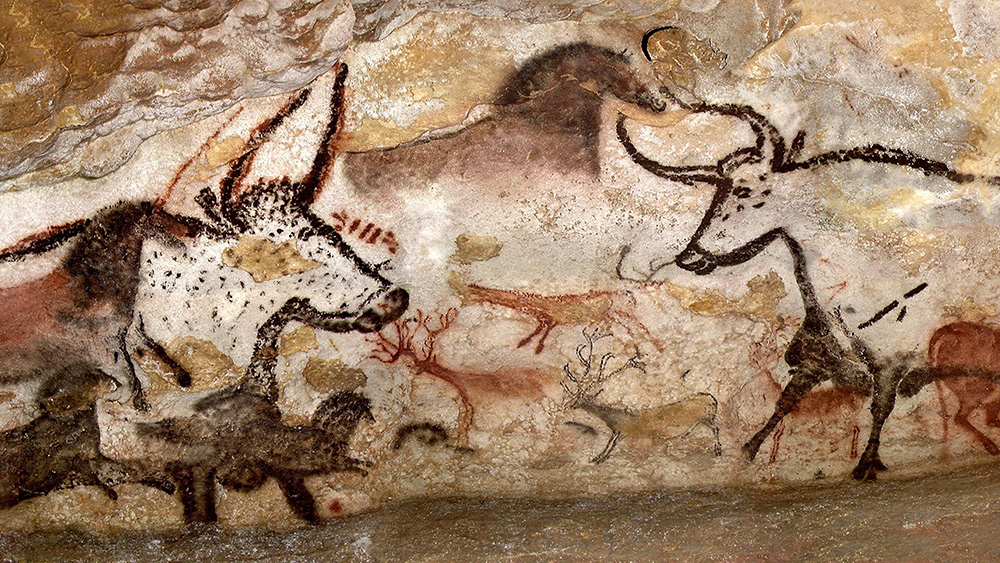
 Teaching This Topic
Teaching This Topic

Comparison
How do our modern lives compare to those of our early ancestors? Help students develop a fundamental historical thinking skill: compare and contrast.

Unknowns Podcast Episode 3: “Human Origins”
Explore the gradual journey from early hominins to modern humans with historian David Christian and paleontologist Michael Archer.

Blog: Paleolithic Era: History, Science, or Social Studies?
Use an interdisciplinary approach to history to help students understand how early human foragers shaped our world.

When Did Humans Get to the Americas?
Consult with other teachers—and a historian—on the latest research about human migration.
Featured Materials
Human Evolution: Our Many Ancestors
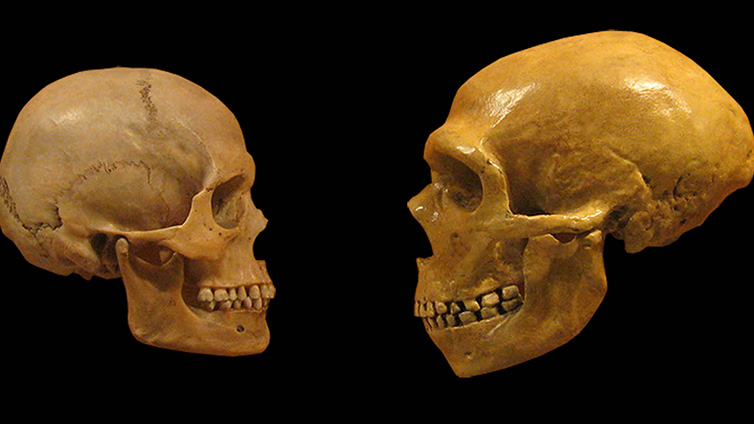
Article
Human Evolution: Our Many Ancestors
Walking on two feet, communicating with language, and learning collectively are all factors that led to increased complexity.
When Did Humans Get to the Americas?

Activity
When Did Humans Get to the Americas?
This activity asks you to evaluate several theories about when humans first migrated to the Americas. As you evaluate these theories, you will see that there’s lots we still don’t know about the history of early humans.
Written in Stone: Petroglyphs
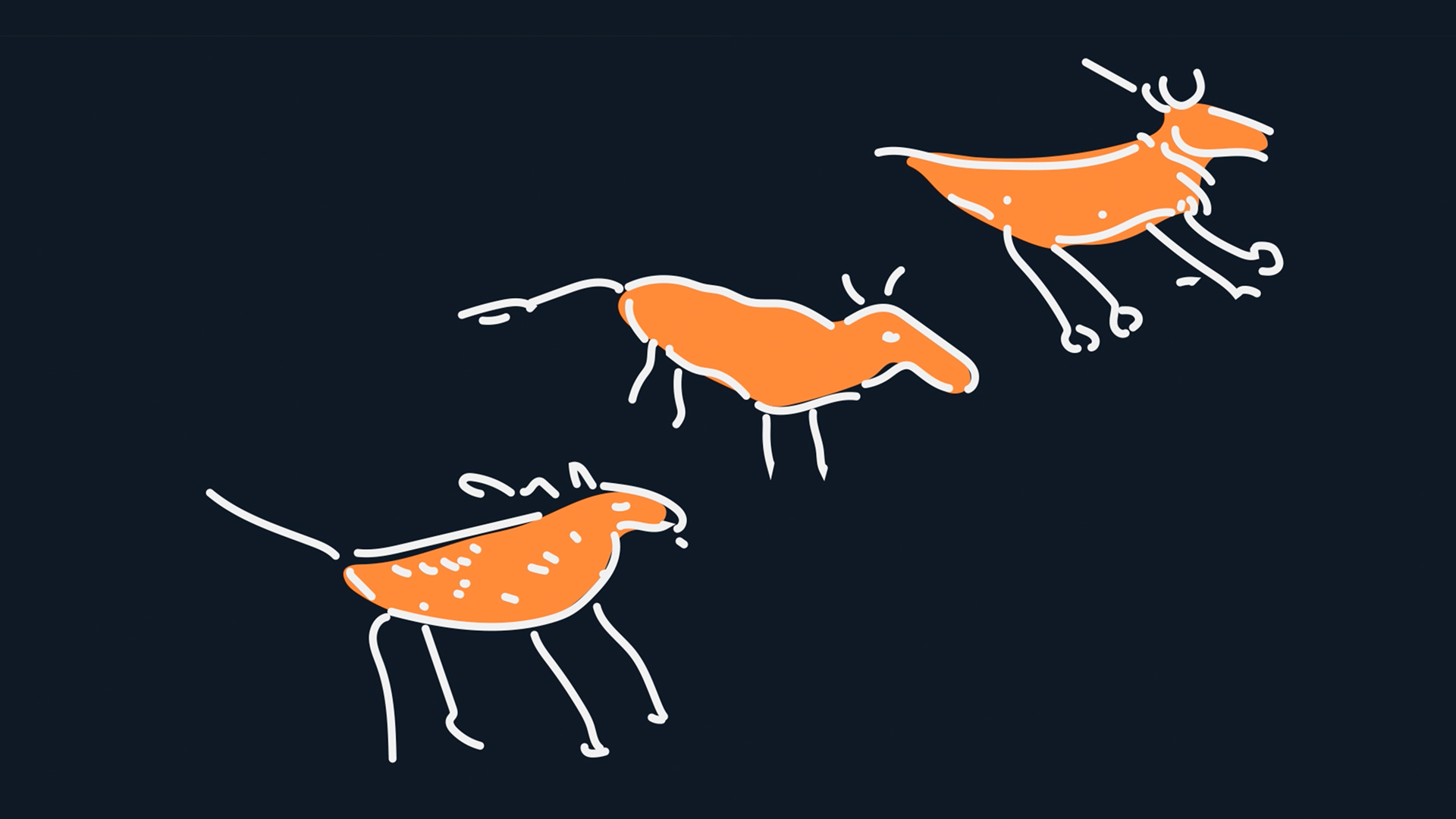
Video
Written in Stone: Petroglyphs
Ancestral Puebloans left behind hundreds of thousands of petroglyphs. These rock carvings communicate ceremonial, practical, and astronomical knowledge.
Lessons
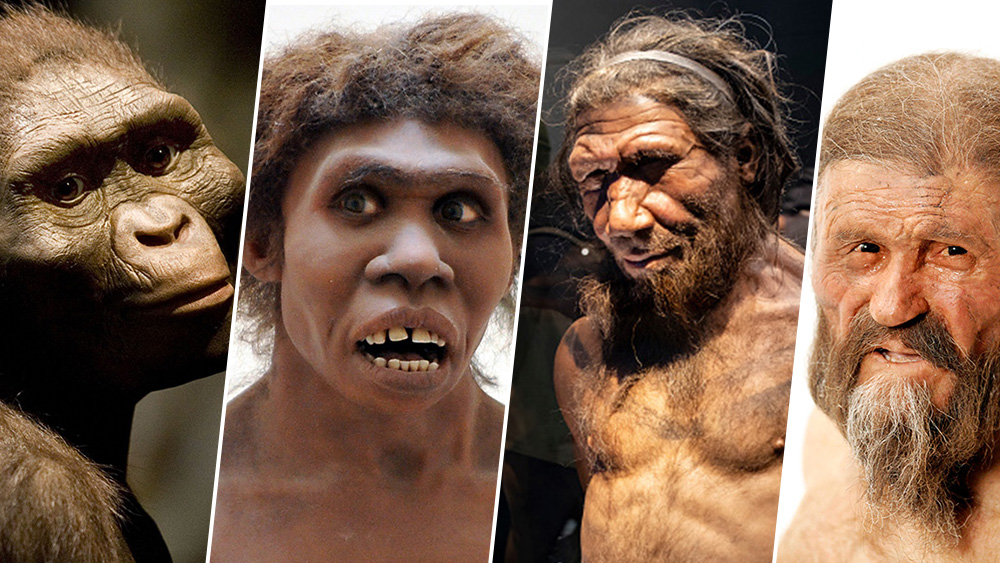
Lesson 4.2
Human Ancestors
How did life transform from a simple single-celled organism to our own species, one that creates, communicates, loves, and hates? Explore humanity’s place in the great history of life.
View Lesson
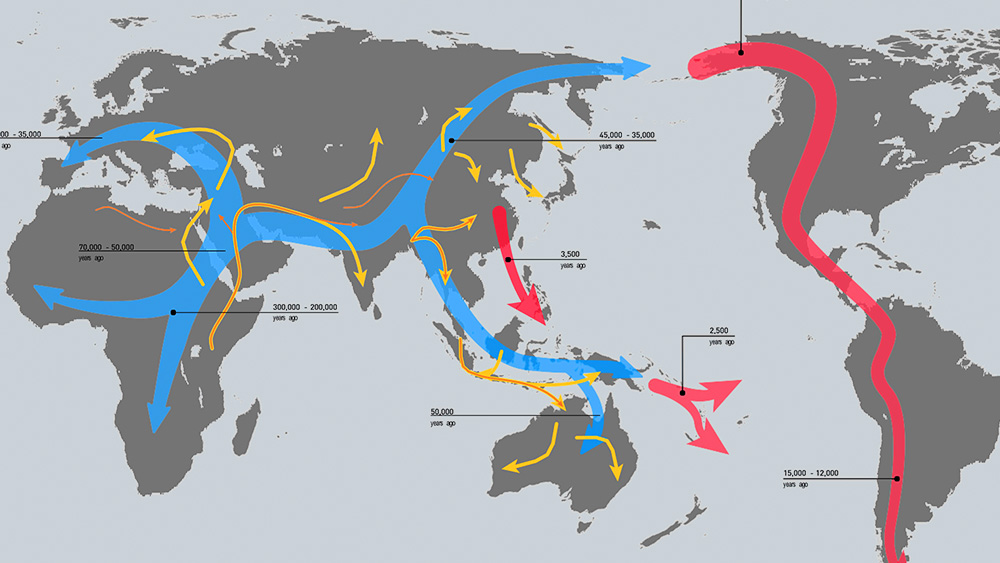
Lesson 2.2
Migration and Art
Why did early humans move to new places and create art during this period? Dig into 80,000-year-old evidence to answer this question.
View Lesson
Materials
Geography: Migration and Climate
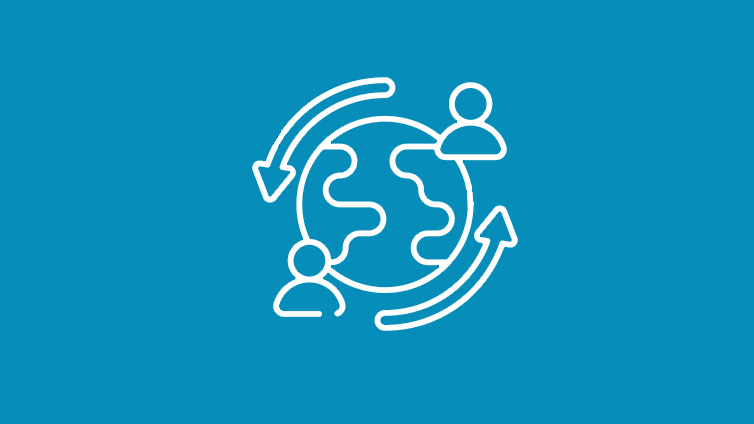
Activity
Geography: Migration and Climate
What factors pushed or pulled early humans to migrate to certain regions of the world?
Human Communities Populate the Earth
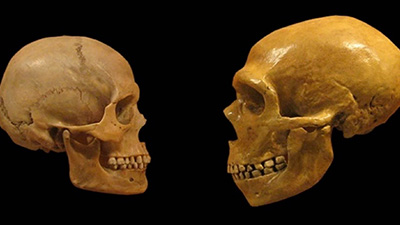
Article
Human Communities Populate the Earth
Homo sapiens emerged in East Africa alongside other human species. Eventually, our ancestors migrated to new regions, setting the stage for larger communities and expanded networks.
Foraging Simulation

Activity
Foraging Simulation
Foraging for food could get challenging when environments changed and resources were drained. In this activity, you’ll step into the role of a forager looking for solutions.